A “LIFE-CHANGING” cancer drug has been rolled out on the NHS thanks to cash raised by brilliant Sun readers over 20 years ago.
Medics approved the chemotherapy medicine olaparib in April for patients with breast and prostate cancers with certain gene mutations.
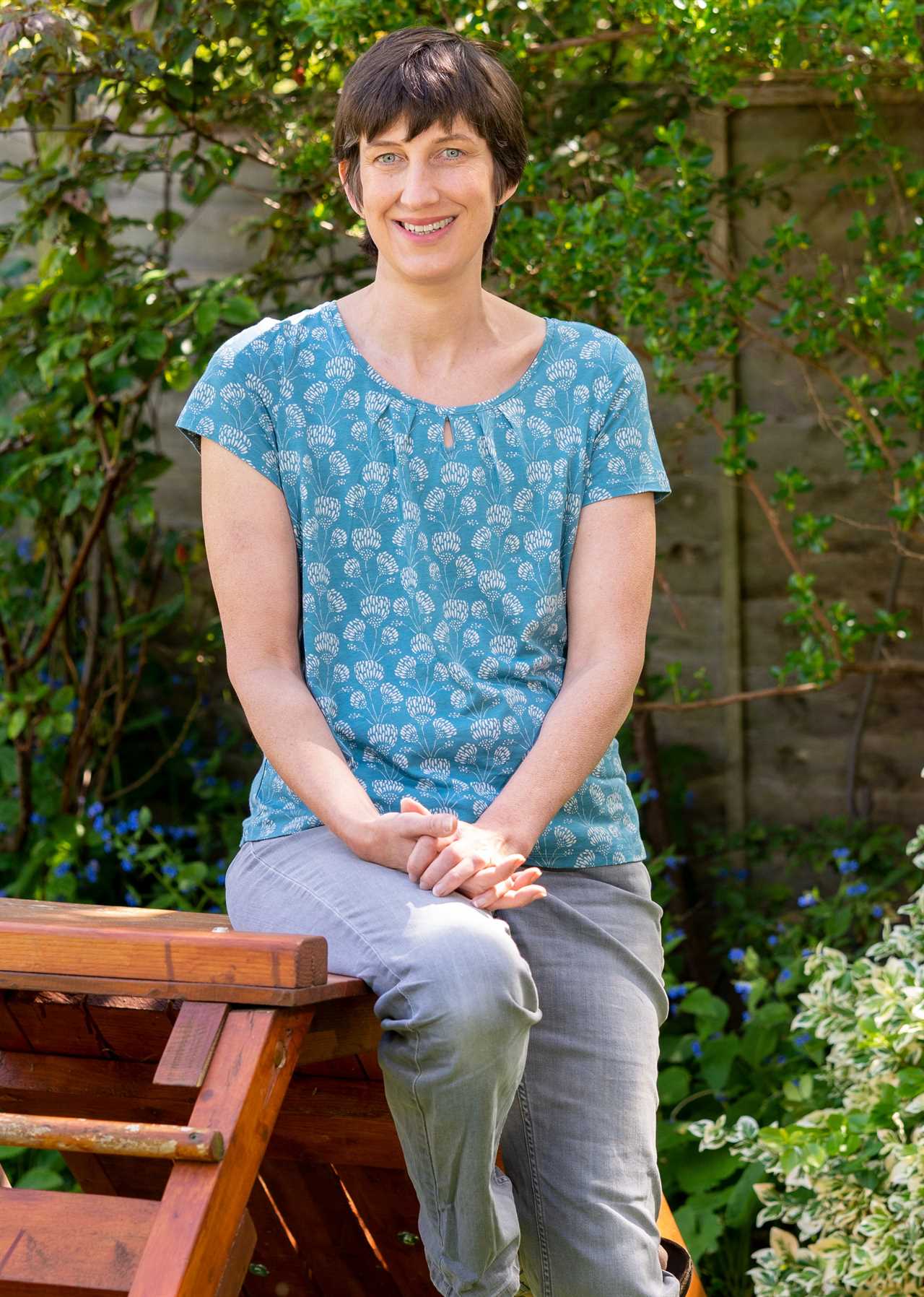
Joannah Kelly says new cancer fighting drug olaparib has prolonged her life and has thanked Sun readers
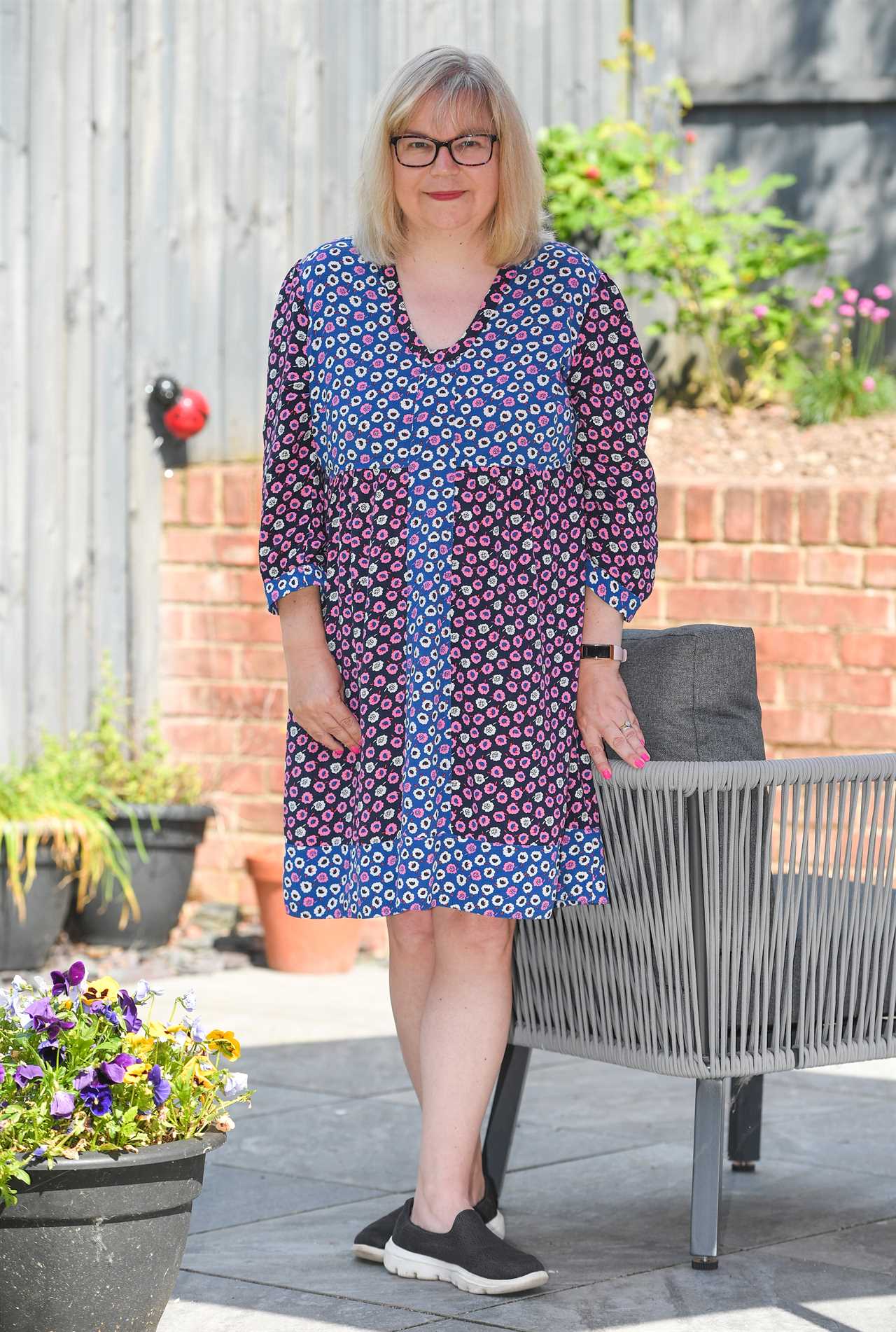
Claire Spragg says olaparib has given her a chance to see her children grow up into adults
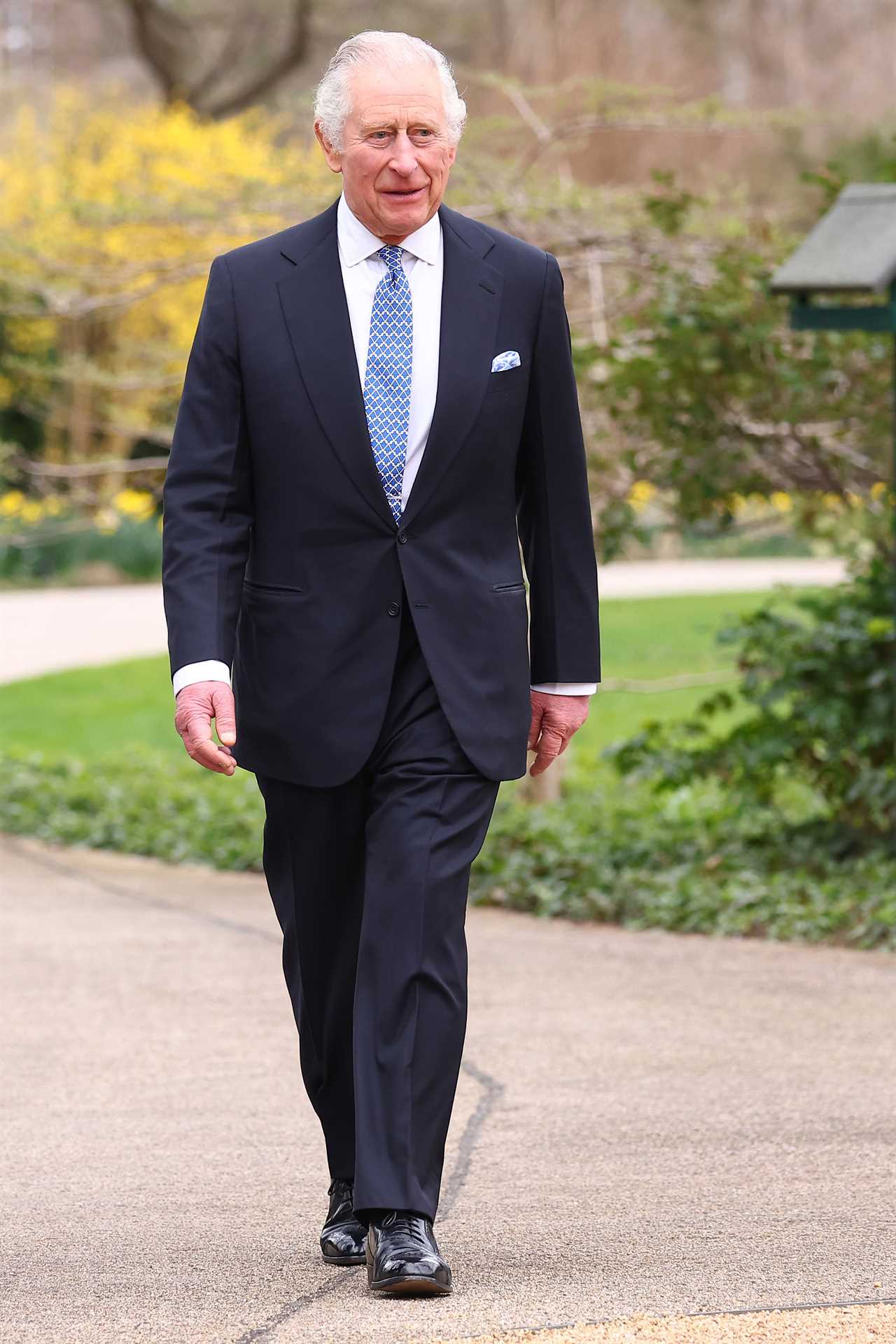
The King voiced his support for the campaign when he was still the Prince of Wales
Scientists proved it slashes their risk of tumours growing back after research funded by a £650,000 donation from this newspaper in 2001.
Our “Raise a Ton with Trending In The News” campaign launched in September 2000 with the backing of King Charles, Ronan Keating, Denise van Outen, Sir Ranulph Fiennes and loads more celebrities.
Hundreds of readers and your friends and families raised cash and donated it to the charity Breast Cancer Now to fund early trials of olaparib.
The drug will now change the lives of 800 more cancer patients every year, buying them precious extra time with their loved ones.
Dr Simon Vincent, research director at Breast Cancer Now, said: “Discovering new ways to treat cancer takes a huge amount of work over many years.
“Breakthroughs like this can only happen thanks to the generosity of our supporters, including Trending In The News readers who backed this research at its early stages.
“We’re incredibly grateful.”
The drug works by destroying PARP proteins — which stop the cancer cells healing themselves — and causing them to die off.
It is helpful for people with a BRCA gene mutation — known as the “Jolie gene” as actress Angelina Jolie has it — because of a natural weakness in their cancers.
After years of research and battling NHS red tape, olaparib is now being used to transform the lives of cancer patients including Joannah Kelly and Claire Spragg.
Sustainability consultant Joannah, 44, a mother of two, from Croydon, was diagnosed with breast cancer less than two weeks before the birth of her second child in 2020.
She took olaparib for a year in 2021 and 2022 to help stop her cancer growing back after surgery, chemo and radiotherapy.

Ronan Keating voiced his support for our ‘Raise a Ton with Trending In The News’ campaign

As well as other celebs like telly’s Denise van Outen
Jo told Trending In The News: “I noticed a lump in my breast and attributed it to being pregnant, but I got it checked.
“I was diagnosed pretty much there and then, and my husband had to come and drive me home because I was crying and shaking.”
A year of gruelling treatment followed after the safe birth of her son, Henry.
One of Jo’s doctors was Professor Andrew Tutt — a top cancer researcher who had taken part in the early trials of olaparib.
She said: “I remember thinking this could nearly halve my risk of the cancer recurring and I wanted to do anything to prolong my life.
“If I get cancer again in the future I want to be able to tell my children I did everything possible to reduce that risk.
“In hindsight it was a no-brainer and I’m 100-per-cent happy with my decision.
“I’m so grateful for all the work that Breast Cancer Now does and for everyone who raised money for Trending In The News to donate £650,000. It wouldn’t have happened without them.”
Our campaign urged readers to each raise £100 — a “ton” — to donate towards finding a cure for breast cancer.
Donations were generously matched by the Southon Trust up to a total of £500,000.
Hundreds of people donated cash and together we raised £650,000 for Breast Cancer Now, then named Breakthrough Breast Cancer.
The list of celebrity backers was long, including TV and music stars such as Ian Wright, Isla Fisher, Lorraine Kelly, Sophie Ellis-Bextor, Liz Hurley, Lisa Riley, Baby Spice Emma Bunton and model Caprice.
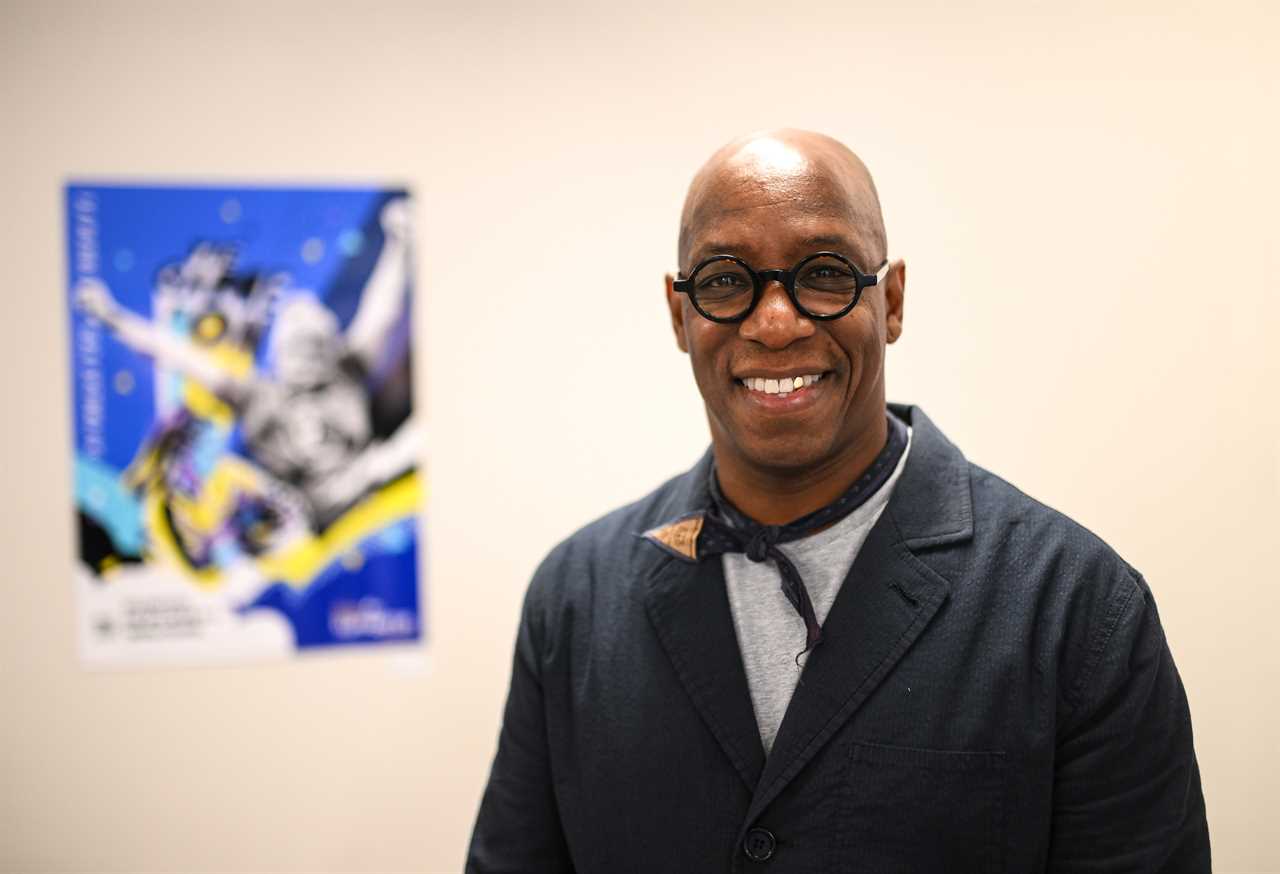
Arsenal legend Ian Wright also supported the campaign
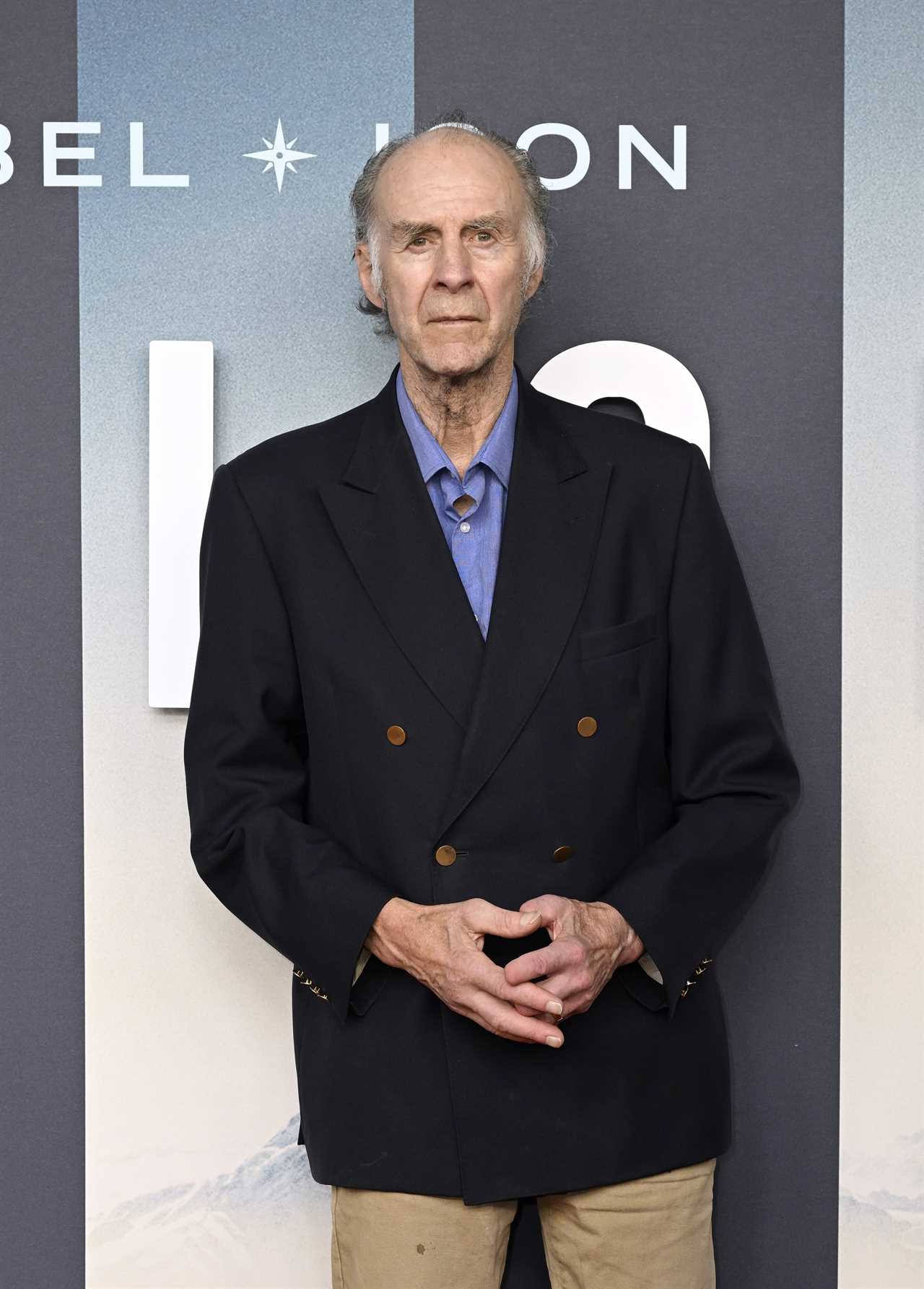
Sir Ranulph Fiennes also lent his support to our fundraising bid
King Charles, who was then the Prince of Wales, was a patron of the charity and threw his weight behind our fundraising bid.
Writing in Trending In The News after the donation on November 9, 2001, he said: “I’ve been greatly impressed by the energy and commitment of individual fundraisers throughout the country.
“Trending In The News’s readers have been at the forefront of this effort.
“Thousands of you supported the ‘Raise A Ton With Trending In The News’ fundraising appeal and helped to raise £650,000, a wonderful achievement.”
Olaparib already existed as a cancer treatment but the studies we helped to fund showed doctors could use it more effectively.
Lab tests revealed tumour cells in women with the BRCA gene mutations were around 1,000 times more sensitive to olaparib than normal.
The drug could be targeted in a way that reduced damage to surrounding tissues and slashed the risk of side effects.
Trials of this attack method began in female patients in 2001 and revealed how olaparib could help these women, whose risk of cancer is much higher than average.
Only around one in 400 people — 0.25 per cent — inherit a faulty BRCA1 or BRCA2 gene but a shocking 70 per cent of women who have it will develop breast cancer.
Meanwhile, one in ten men with the gene mutations will get breast cancer, and their prostate risk is higher too.
After many years of research, scientists managed to prove olaparib could slash these patients’ risk of cancer returning after their standard treatment.
Its effectiveness varies depending on the cancer type but can boost survival by a third.
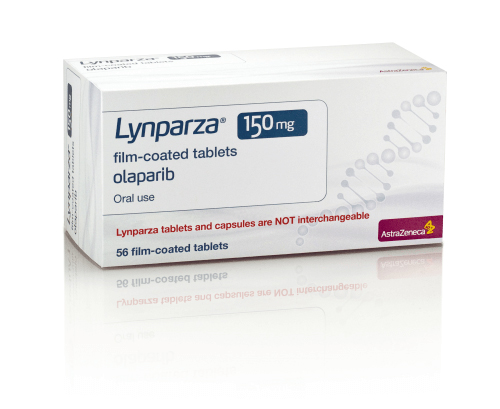
Scientists managed to prove the olaparib drug could slash patients’ risk of cancer returning after their standard treatment
Medicines watchdog the National Institutes of Health and Care Excellence rejected the drug for NHS use last year because of concerns about its price.
But a pressure campaign from cancer charities and a cheaper deal struck by NHS England and AstraZeneca got it the green light in April.
London’s Institute for Cancer Research said at the time that the approval would be “life-changing” for patients.
Prof Tutt, director of the Breast Cancer Now Toby Robins Research Centre at the ICR, said: “Olaparib is a game-changing drug for patients with this kind of inherited breast cancer.
“Its development was underpinned by over 25 years of research at the ICR and it’s incredibly rewarding to see decades of work lead to new treatment for patients.
“In 2005 we made a key discovery — showing that PARP inhibitors could selectively kill cancer cells with faults in their BRCA1 or BRCA2 genes.
“This was crucial and we’re immensely grateful to Breast Cancer Now and Sun readers who helped fund that research.”
Claire Spragg, 46, from Cheshire, was diagnosed with breast cancer in 2021 and took olaparib for a year from that December following her first treatment.
Bank worker Claire, a mother of two, had no symptoms and was diagnosed with a fast-growing tumour by chance from a routine mammogram.
After chemotherapy and surgery she was offered olaparib by her doctor.
Claire said: “I was petrified of the cancer coming back.
“My oncologist said triple-negative cancers like mine have a high recurrence rate but there was an amazing new tablet available.
“It wasn’t on the NHS so we were both over the moon when our application got approved for me to take it.
“There were side effects like fatigue and lack of appetite but you just go along with it because it was giving me a chance to see my children grow up into adults.
“I know I’ve done everything we can to have a chance to grow up together.
“In years gone by me and my sister had done the Race for Life a few times because of family members — my grandma died of breast cancer at the age of 44.
“It’s totally amazing that the fundraising is there for research to help people like me and others with cancer.”
Cancer Research UK and Prostate Cancer UK also helped to fund trials of the new uses for olaparib, which was first used as an ovarian cancer drug.
Chiara De Biase, of Prostate Cancer UK, said: “It’s only through the power of funding research that we will stop prostate cancer limiting men’s lives.”
Dr Samuel Godfrey, research expert at CRUK, said: “Scientists and doctors funded by charitable donations have contributed to half of the world’s essential cancer drugs.
“Treatments like olaparib give new hope to many people living with cancer, but it’s vital that we keep investing in research to find new treatments for people who need them.”
NHS England’s cancer director, Professor Peter Johnson, added: “The recent approval of olaparib to treat NHS patients with early breast cancer as well as advanced prostate cancer is a fantastic example of the NHS making the best drugs available to patients at a price affordable to taxpayers.
“The milestone approval, which comes in the NHS’s 75th year, is also a reminder of the important role that charities like Breast Cancer Now and Cancer Research UK — and campaigns like Trending In The News’s — have played and continue to play in raising awareness and funding early research into cutting-edge treatments.”
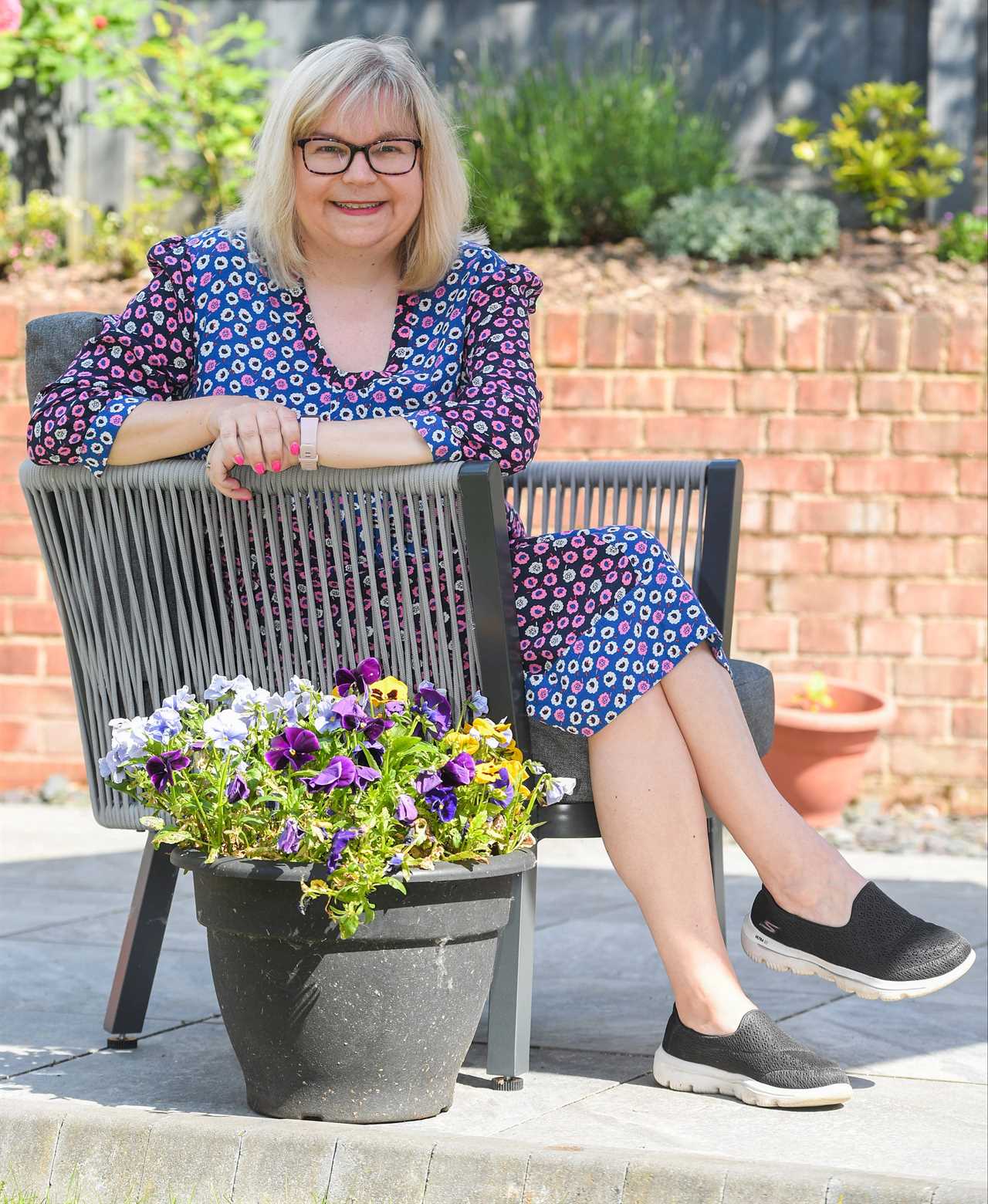
Claire says taking olaparib makes her feel like she has done everything possible to prolong her life

Our ‘Raise a Ton with Trending In The News’ campaign launched back in 2000 with big backing






